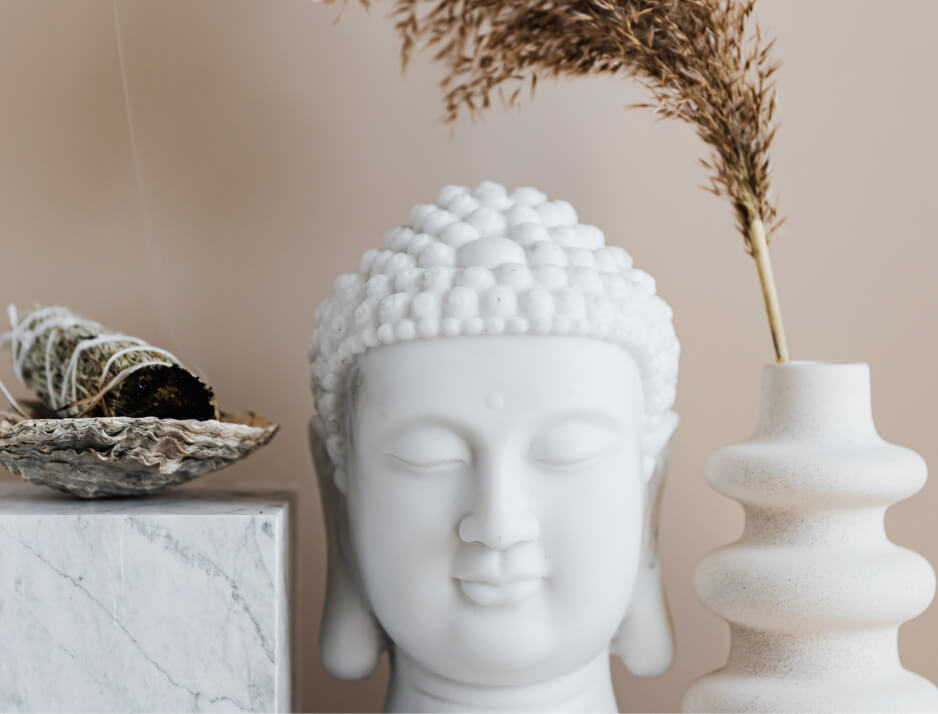In today’s fast-paced world, anxiety has become an all too common experience for many people. The pressures of modern life, coupled with personal challenges, can lead to overwhelming feelings of stress, fear, and unease. If you find yourself battling anxiety, you’re not alone. The good news is that there are effective ways to manage and alleviate anxiety, and one such powerful tool is meditation.
Understanding Anxiety
Anxiety is a natural response designed to protect us from potential threats. However, when anxiety becomes chronic and excessive, it can interfere with our daily lives, relationships, and overall well-being. Common symptoms of anxiety include constant worrying, restlessness, rapid heartbeat, difficulty concentrating, and sleep disturbances. Left unaddressed, anxiety can take a toll on both our mental and physical health.
The Power of Meditation
Meditation, a practice dating back thousands of years, has gained popularity in recent times as a reliable method to alleviate stress and anxiety. At its core, meditation involves training the mind to focus on the present moment, cultivating a sense of awareness and inner peace. The practice doesn’t require any special equipment, and you can do it almost anywhere.
How Meditation Helps with Anxiety
-
Calming the Mind: Anxiety often arises from ruminating over past events or worrying about the future. Meditation helps break this cycle by grounding us in the present moment, reducing the mental chatter and allowing the mind to settle.
-
Relaxing the Body: Anxiety triggers the body’s “fight or flight” response, leading to increased heart rate and tense muscles. Meditation encourages relaxation, which helps counteract these physical responses.
-
Developing Mindfulness: Mindfulness is an essential aspect of meditation. By observing our thoughts and emotions without judgment, we can gain insights into our anxiety triggers and gradually learn to respond more skillfully to them.
-
Reducing the Amygdala Response: The amygdala is the part of the brain responsible for processing emotions, including fear and anxiety. Regular meditation has been shown to decrease the size and reactivity of the amygdala, resulting in reduced anxiety levels.
-
Improving Emotional Regulation: Through meditation, we can develop greater emotional resilience, allowing us to navigate challenging situations with a more composed and balanced demeanor.
Getting Started with Meditation
Meditation is a skill that improves with practice, but the key is consistency. Here’s a simple guide to get you started:
-
Find a Quiet Space: Choose a calm, quiet place where you won’t be disturbed. Sit comfortably with your back straight.
-
Focus on Your Breath: Close your eyes and bring your attention to your breath. Notice the sensation of each inhale and exhale.
-
Be Patient and Non-Judgmental: It’s normal for your mind to wander during meditation. Whenever you notice your thoughts drifting, gently redirect your focus back to your breath.
-
Start with Short Sessions: Begin with just a few minutes of meditation and gradually increase the duration as you become more comfortable with the practice.
-
Explore Guided Meditations: If you find it challenging to meditate on your own, consider using guided meditation apps or videos that can provide soothing instructions.
Conclusion
If anxiety is weighing you down, remember that meditation can be a powerful tool to ease the pain and bring peace to your mind. By cultivating mindfulness and presence, you can gain better control over your anxious thoughts and emotions, allowing you to lead a more fulfilling and joyful life. Make meditation a daily habit, and with time and patience, you’ll discover its profound benefits for your mental and emotional well-being. So, take a deep breath, find a quiet spot, and embark on a journey of self-discovery and healing through meditation.


